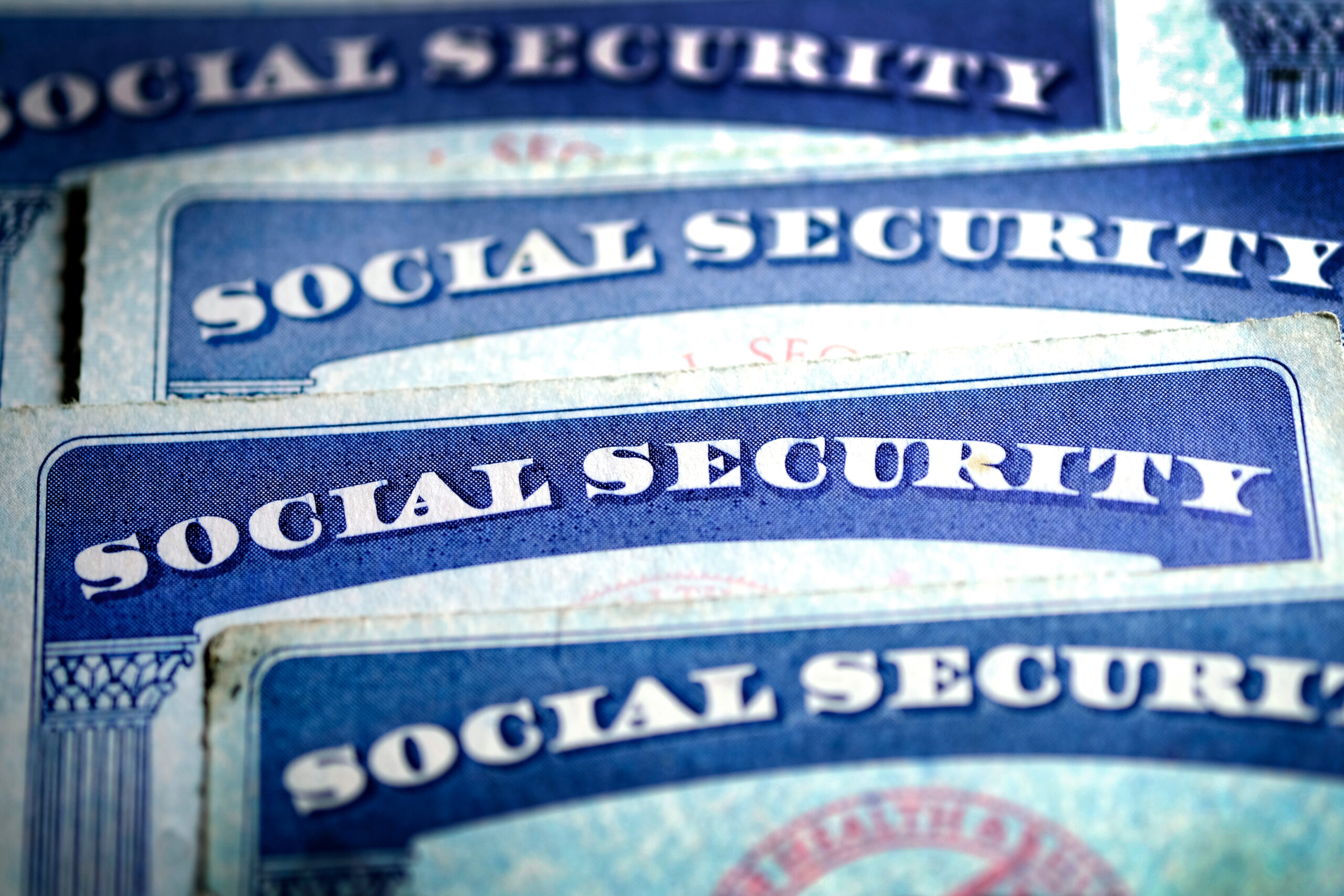Keeping your Social Security Number (SSN) secure is crucial to preventing fraud and identity theft.
If you suspect that someone else is using your SSN, there are several ways to verify it and take steps to protect yourself.
From reviewing your credit reports to monitoring your bank statements, it’s important to be on the lookout for suspicious activity.
Here’s how to do it and what steps to take if you find out your information has been compromised.
Check your credit reports
One of the most common signs that someone is using your SSN is the appearance of accounts or loans you don’t recognize on your credit reports.
You can request free reports from all three major credit bureaus: Equifax, Experian, and TransUnion.
Carefully review all personal information, accounts and payments to identify any errors or suspicious transactions.
If you find anything out of the ordinary, you should immediately report it to the appropriate credit agency.
Check your Social Security statement history
If a scammer uses your SSN to obtain employment or unemployment benefits, those illegal earnings will appear on your Social Security Statement.
You can review this document by creating an account on the Social Security Administration (SSA) website.
If you notice incorrect income or data, it is important to report it to the SSA immediately.
Check your bank statements
Identity thieves often make small test transactions before making larger purchases or emptying bank accounts.
Please review your bank statements carefully and request additional information if you notice purchases or direct debits that you do not recognize.
If you find suspicious activity, contact your bank to report it.
Watch your email for signs of fraud
Signs that someone else is using your SSN may appear in your email.
If you receive bills, statements or credit offers that you weren’t expecting, this could be a sign of fraud.
Contact the relevant institutions if you receive communications that you do not recognize.
Take steps to protect your SSN
To prevent someone from using your SSN, consider freezing your credit at the three major credit bureaus, filing an official identity theft report with the Federal Trade Commission (FTC), and making sure your Social Security account is protected.
You can also apply for an IRS Identity Protection PIN to prevent tax returns from being filed in your name.
Continue reading:
–Social Security COLA: When will the new increase in checks be announced?
–Social Security: SSDI payments for $3,822 with confirmed days
–Social Security: People over 61 could receive $1,900
